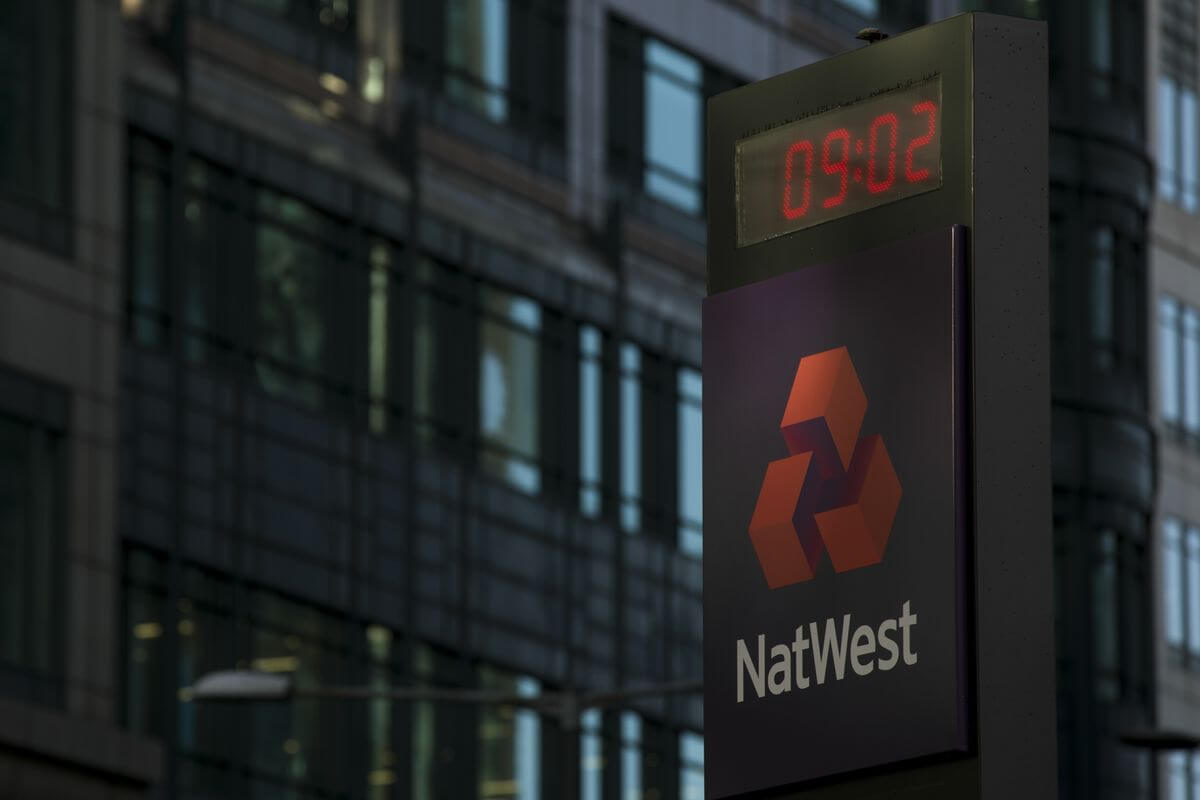
UK Government Raised £1.1 Billion from Selling down Part of the Taxpayer’s Holding in NatWest
The Government today raised £1.1 billion from selling down part of the taxpayer’s holding in NatWest, the bank which was bailed out by the taxpayer in the global financial crisis when it was called Royal Bank of Scotland.
RBS would have gone bust in the financial crisis due to its huge risk exposure taken on with its disastrous takeover of ABN Amro under then-chief executive Fred Goodwin.
The Government announced its third sell-down of the taxpayer’s stake, bringing its share of the group down from 61.7% to 59.8%.
The Treasury said: “It represents an important step in the Government’s plan to return institutions brought into public ownership as a result of the 2007-2008 financial crises to private ownership.
However, it will have made a massive loss on the sale.
It sold 591 million shares back to NatWest for 190.5p per share. But its cost of buying the shares was around 440p, if you deduct the payments received since the bailout. Stripping out those revenues, 502p is the average price it paid at the time.
Using the first, underlying price, the loss from today’s transaction was £1.5 billion. On the second, it is more like £1.8 billion.
However, any proceeds will have been welcomed at the Treasury after today’s dismal public borrowing figures.

